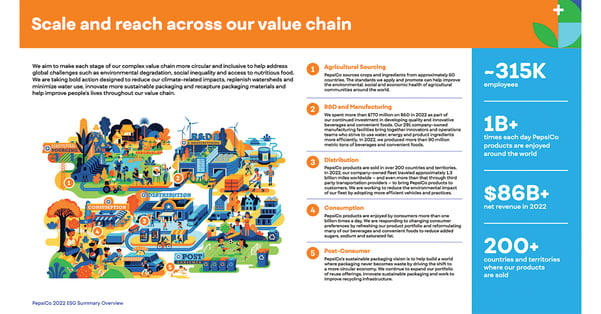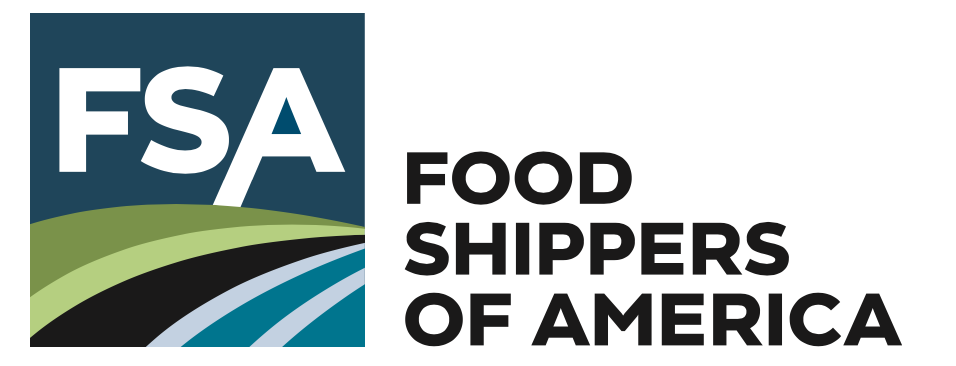PepsiCo: A Closer Look at ESG Supply Chain Priorities
by Staff, on Jan 21, 2024 7:56:01 PM

PepsiCo products are enjoyed by consumers more than one billion times a day in more than 200 countries around the world. Through a sophisticated supply chain, PepsiCo generated more than U.S. $86 billion in net revenue in 2022, driven by a brand portfolio that includes Lay's, Doritos, Cheetos, Gatorade, Pepsi-Cola, Mountain Dew, Quaker, and SodaStream. PepsiCo's supply chain supports a product portfolio that includes a wide range of enjoyable foods and beverages, including many iconic brands that generate more than $1 billion each in estimated annual retail sales.
 The business of this mega food company is intrinsically tied to the health of the planet and the resilience of its food system - so investing in Environmental, Social and Governance (ESG) is essential, according to Gregg Roden, Executive Vice President and Chief Operations Officer: “We believe that operating in a more sustainable way will help build a resilient supply chain and food system.”
The business of this mega food company is intrinsically tied to the health of the planet and the resilience of its food system - so investing in Environmental, Social and Governance (ESG) is essential, according to Gregg Roden, Executive Vice President and Chief Operations Officer: “We believe that operating in a more sustainable way will help build a resilient supply chain and food system.”

PepsiCo's complex value chain begins with the sourcing of more than 30 agricultural crops and ingredients from the company’s farmers and suppliers around the world. These crops and ingredients are made into PepsiCo products at more than 1,000 manufacturing facilities, including 291 company-owned facilities. Products are packaged and moved across approximately 1.3 billion miles worldwide by a company-owned fleet — and even more than that through third-party logistics providers (3PLs). Once the product has been enjoyed, the packaging is generally either collected as waste or recycled for another use.
In addition, PepsiCo has made these commitments related to ERG:
- Established a goal to achieve net-zero emissions across our value chain by 2040. By 2030, the company plans to reduce its greenhouse gas emissions (Scopes 1 and 2 by 75% and Scope 3 by 40%) against a 2015 baseline, doubling its previous climate goal.
- Introduce more sustainable packaging into the value chain and cut virgin plastic per serving by 50% across the company’s global food and beverage portfolio by 2030. This will be accomplished by scaling new business models that avoid or minimize single-use packaging materials to deliver 20% of all beverage servings sold through reusable models by 2030.
- Advance human rights and diversity, equity and inclusion for the company’s people, in its business partnerships and communities, thereby contributing to a better workplace and world. That means continuing to make progress against our women’s goals and promoting fair and safe working conditions, advancing respect for human rights everywhere the company operates, providing access to safe water and advancing food security.
Related Articles:
Resources to Build A Sustainable Food Chain
Cargill Charted Ship Tests Wind Power at Sea
Workforce of the Future: Diversity, Equity, Inclusion
Green Logistics and the Food Chain
Like this kind of content? Subscribe to our "Food For Thought" eNewsletter!
Now more than ever, professionals consume info on the go. Distributed twice monthly, our "Food For Thought" e-newsletter allows readers to stay informed about timely and relevant industry topics and FSA news whether they're in the office or on the road. Topics range from capacity, rates and supply chain disruption to multimodal transportation strategy, leveraging technology, and talent management and retention. Learn More



